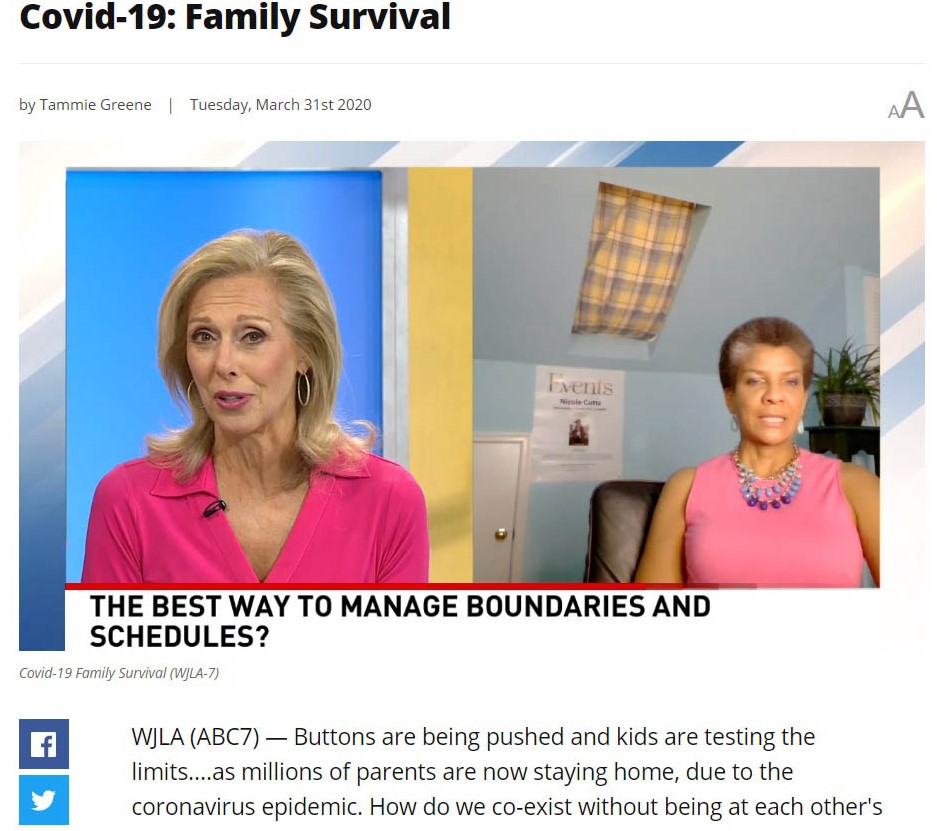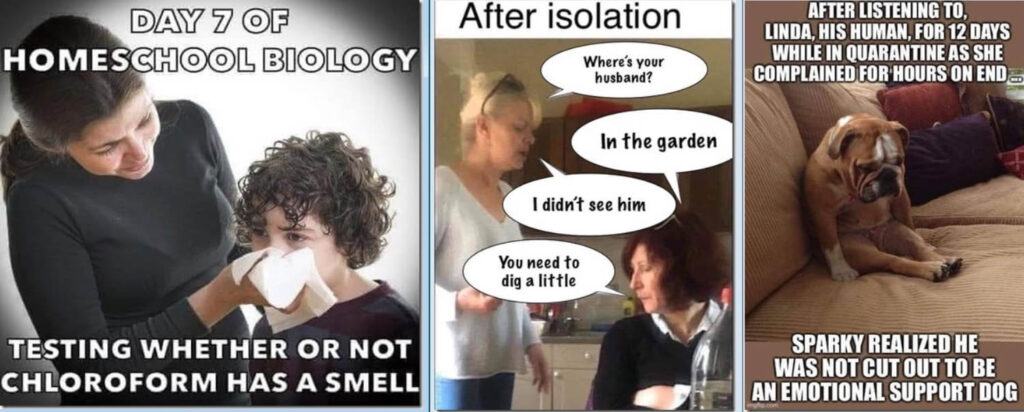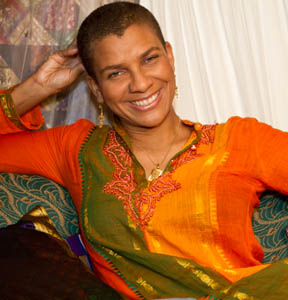
I Don’t know about you, but at week 4 or 5 (I’ve lost track) of quarantine, my stress levels are rising. Don’t worry my self-care has also increased accordingly. Whether you live alone, in a couple, or a household with children (young and old,) this lockdown is affecting everyone’s lives and mental health. The uncertainty of a deadly pandemic, lack of control, drastic changes to our daily work and home lives are prompting more people to reach out to me and other psychologists and coaches for help. (See vid above and Coping with Corona from WUSA Channel 9 for additional tips)

However, I understand these are trying financial times for many people and some may think this is not the time to invest in therapy or coaching sessions. Nothing could be further from the truth and this is why I’m offering my therapy and coaching services on a sliding scale starting at 10% OFF. (CLICK TO INQUIRE ABOUT FEES)
What are the Challenges?
1) Parents are on triple duty between working, parenting and teaching kids and this is a lot!
2) Couples without kids are also challenged by too much togetherness!
3) Single folks without kids are also challenged by boredom and lack of contact, feeling isolated perhaps lonely.
What is the Solution?
While one of the biggest stressors right now is that most things are out of our control, there are things you can do! This nine-item Quarantine Survival Kit can keep you from each other’s throats and/or wanting to cut your own! Victor Frankl, the creator of Logotherapy said, “Forces beyond your control can take away everything you possess except one thing, your freedom to choose how you will respond to the situation.” The below Quarantine Survival Kit will enable you to better choose your responses to this trying situation.
The Quarantine Survival Kit (contents):
Patience: Not knowing when this will all end is trying to many. Waiting is not something anyone enjoys but cultivating patience will lower your stress and anxiety. Breathe and try to let go when you feel your impatience rising, focus on something positive and engage is something productive. Remember no time is wasted when you are in the moment. This patience should extend to yourself and others as we try to do our best under difficult circumstances. Pro Tips: Lowering your expectations will boost your ability to wait and sit with the unknown. A regular meditation prayer and practice does wonders for patience.
Flexibility: So much has changed and continues to change (sometimes weekly) during this novel situation. Human beings are wired to experience stress when under threat and unfortunately when things are uncertain (a feeling produced by change) we often experience this as a threat. The best way to lessen your angst and other forms of suffering in the face of change is to remain flexible. Rather than tightening up or holding on to expectations, expect that change will come. It’s often said that the only certainty in life is change. In his book, The Five Things We Cannot Change and the Happiness We Find by Embracing Them, David Richo says, “Perhaps things end so that we can reach the high spiritual peak that comes with letting go.” Lean into the changes having confidence that you can adjust. Pro Tip: Taking slow deep breaths increases flexibility. Rather than tightening around change, take a slow deep breath to activate your parasympathetic nervous system a.k.a. the rest and digest response. Breathe into tight areas and as you exhale give into the change.
Creativity: All change is accompanied by some loss. In this case, we have lost many of our habitual ways of doing almost everything from how we work and play to how we procure food and how we take exercise. We are being challenged to find new ways to get our needs met. These challenges call for creativity and we see it all around us. I have one client who set up a scavenger hunt in her house for her young adult children who had grown tired of playing video games! Creativity and flexibility are close cousins, so try staying open to receive new ideas and inspiration. Follow your instincts and expect to be inspired.
Gratitude: Gratitude is a magical elixir that changes everything! In fact, it actually changes our brain chemistry! “When we express gratitude and receive the same, our brain releases dopamine and serotonin, the two crucial neurotransmitters responsible for our emotions, and they make us feel ‘good’. They enhance our mood immediately, making us feel happy from the inside. By consciously practicing gratitude every day, we can help these neural pathways to strengthen themselves and ultimately create a permanent grateful and positive nature within ourselves.” (May 12, 2020, PositivePsychology.com)
The current situation is undoubtedly a downer so we need to counteract sadness and possible depression with as much feeling good as we can! Pro Tip: I recommend (to all my clients) writing a daily list of three good things they did for themselves and five things for which they are grateful.
Humor: Don’t be afraid to find humor in almost any situation. It can be a life-saver. Indeed, Mark Twain, one of our greatest humorists said, “Humor is mankind’s greatest blessing.” Try not to take anything (especially yourself) too seriously. Take time to have fun, to play, be silly and laugh. These are important elements of self-care. Like gratitude, smiling and laughing literally changes your brain chemistry, releasing endorphins and possibly relieving pain (Sept. 11, 2011, Scientific American). Pro Tip: If you want or need an extra shot of laughter watch or listen to comedy. I’m a huge fan of stand-up comedy so that’s my go-to medicine.
Optimism: Optimism is having a generally positive outlook on life. It is a key element in building individual psychological resilience (Aug. 24, 2018, Cutts). Staying positive and keeping fear and worry at bay helps people to maintain a hopeful outlook on life. This ability helps us reframe potentially negative events in a more positive or useful context. Pro Tip: If you are interested in re-wiring your brain to experience increased happiness check out the work of Dr. Rick Hanson author of Buddha’s Brain.
Faith: I have come to relate to faith as the antidote to fear. As Nelson Mandela said, “I learned that courage was not the absence of fear, but the triumph over it.” Whenever I am afraid I can see it is because I do not have faith in my Higher Power. Fear signals me to strengthen my spiritual connection to this Higher Power. As a human I have many limitations, wants and desires but when my faith is strong I know that everything is as it should be and I have no need for fear. When I say “faith” this also includes hope. Having hope is what keeps us from despair. We can not despair because then all is lost. At the extreme end of the loss of hope lies psychogenic death which can lead to physical death in a very short time (Sept. 29, 2018). It’s a choice to cultivate faith (whatever that means to you) but I believe it’s an invaluable tool to keep in your tool kit.
Service: It’s also a scientifically proven fact that being of service to others produces good feelings in those doing the service or helping (May 30, 2018, Psychology Today). Being generous and supporting others is called “pro-social” behavior and it makes us feel good in at least three crucial ways: 1) It gives us a feeling of “relatedness” to others which is a basic psychological need; 2) altruistic behavior boosts well being and lowers depression by providing meaning and purpose to our lives and activating positive neural changes! In fact, fMRI studies suggest a link between generosity and happiness in the brain. “For example, donating money to charitable organizations activates the same (mesolimbic) regions of the brain that respond to monetary rewards or sex (May 30, 2018);” 3) A study (2017) suggests, “helping others regulate their emotions helps us regulate our own emotions, decreases symptoms of depression and ultimately, improves our emotional well-being.” Therefore, if you are feeling down or bored during this time of quarantine think of others, what you can do for them then DO IT!
Self-care: While I’ve always been a strong proponent of self-care and its inextricable relationship to self-love, self-care is perhaps even more important now than ever and by self-care, I’m referring to your health and well-being as it relates to your mind, body and spirit. Studies show that there are many comorbidities or underlying conditions that lead to increased severity of symptoms and higher death rates in those exposed to COVID-19 (CDC Website). So, now it’s doubly important to eradicate and manage underlying health conditions. Conditions such as obesity, diabetes and even kidney and liver disease sometimes have a relationship with behavior such as diet and exercise. Even if you don’t have any underlying health conditions being stressed, tired and rundown are all conditions that lower our body’s resistance or ability to fight off diseases. This is why during this time it is important that you maintain a healthy regimen of diet, exercise, and rest. Don’t neglect your mental/spiritual health either. Be mindful and do whatever that means to take care of your mental and physical health e.g. do not neglect your regular health appointments. Many doctors and therapists (myself included) do offer telemedicine and teletherapy.
Because these are challenging financial times for many I’m offering virtual therapy/coaching services on a sliding scale starting at 10% OFF. Please Note: If you are a health care worker directly affected by the coronavirus my services are being offered to you for FREE. Click this link if interested in scheduling a FREE 30-Min Consultation to discuss.

I hope you found the above helpful. If so I invite you to leave a comment and share it.
Wishing you much-continued success and well-being!
Nicole
